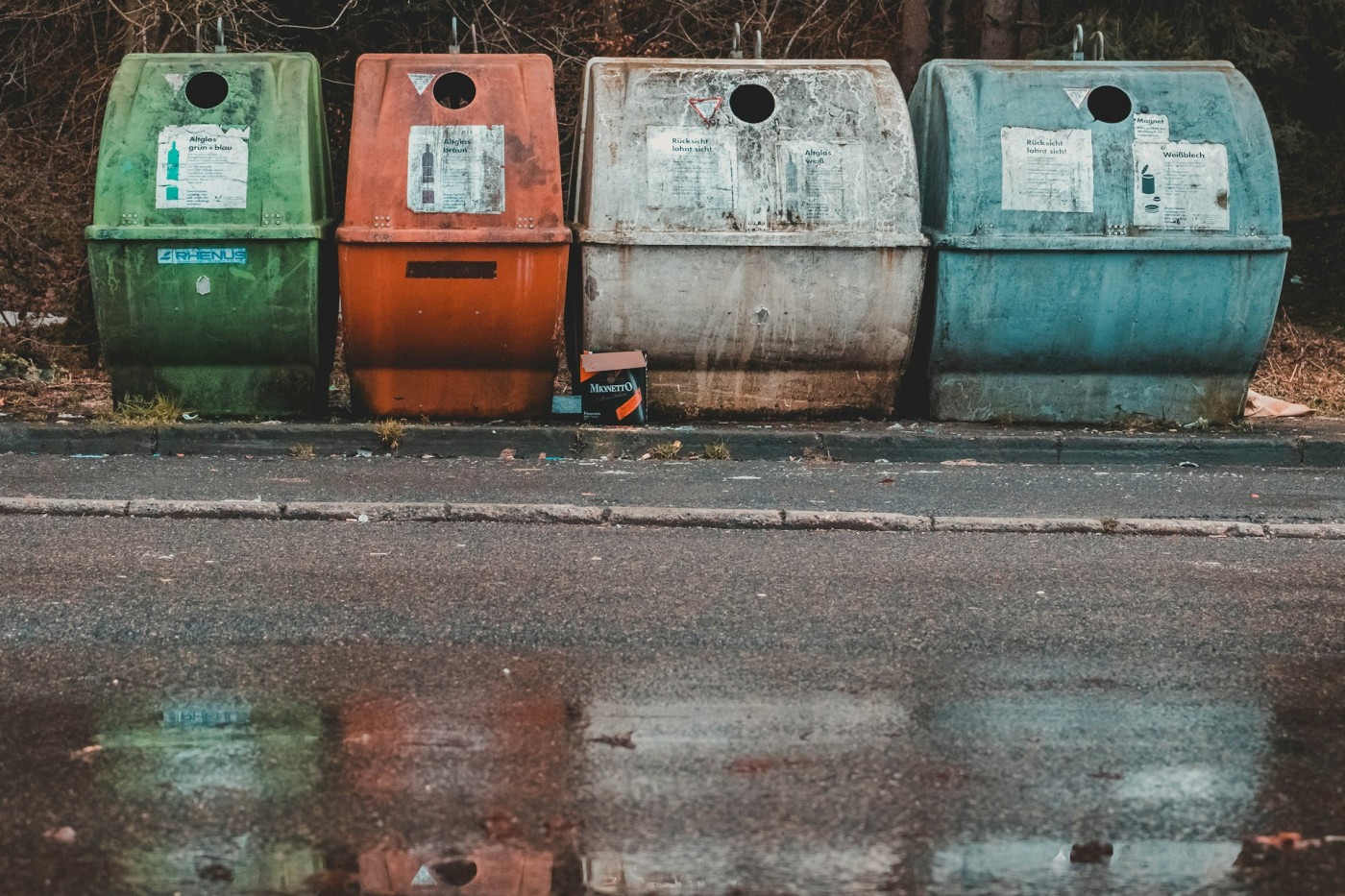In the face of consumerism, does recycling become performative?
A common starting point for most of us attempting to do our bit for the planet is to recycle. It’s a way for us to indulge our shopping habits, basking in the convenience of plastic bottles and fast fashion polyester without feeling the added guilt. These purchases are perfectly acceptable — just as long as we recycle them. Recycling can seem especially appealing to students who are — let’s face it — notorious for our financial struggles. Sustainable products are 75–85% more expensive than conventional ones — an impossible price jump when some of us can’t afford a basic food shop. Recycling offers a way out of this, gently implying those inexpensive plastic soft drink bottles and Shein purchases are tolerable, if only we take a small amount of time out of our day to recycle them.
Of the 83 billion tonnes of plastic produced worldwide, only 9% has every been recycled
If this sounds too good to be true, that’s because it is. Of course, we can’t diminish the importance of recycling, with statistics showing recycling just 10 plastic bottles saves enough energy to power a laptop for over 25 hours. Considering we produce approximately 400 million tonnes of plastic globally every year (that’s roughly the weight of all humans on the planet) with 75–199 million tonnes found in our oceans, recycling is a necessity. However, are our current recycling methods good enough to enact environmental change, or is it all just another form of performative activism to avoid diminishing our ever-tightening grasp on consumerism?
Of the 83 billion tonnes of plastic produced worldwide, only 9% has ever been recycled. Matt Terrell, Vice President of TFC Recycling, revealed that in recycling facilities, only 82–85% of the waste brought there is recycled and the rest goes to landfill, simply because it doesn’t always make economic sense to recycle. Like many business sectors, waste management and recycling is for-profit and some materials (particularly low-grade plastics) just don’t seem worth recycling. This is despite the 100,000 marine animals and one million sea birds who die annually from ocean plastic ingestion. It would seem we are faced with one of the biggest blockades to any and all environmental change — the push for profit.
The greater enemy is right in front of us, in the form of consumerism
An 82–85% recycling rate may sound pretty good to you, but we should also consider who is actually doing the recycling. In the UK alone, roughly 2/3rds of plastic waste is sent overseas to be recycled in the name of reduced costs. Often, the countries our garbage is sent to are underfunded, underdeveloped, and most importantly, unwilling. In 2021, the UK’s largest waste exporter was Malaysia, whose environment minister called for an end to these exploitative practices, saying Malaysia should not be a “dumping ground to the world”. Other countries facing similar forms of ‘waste colonialism’ are Uganda, Rwanda, and Tanzania. The East African Community (EAC) accounts for nearly 13% of total global imports of used clothes because of countries like the US selling them there for incredibly cheap prices. Although initially seeming advantageous for the EAC, there were far more negative effects, such as a suffocated domestic market, more textile waste than they could deal with, and the indignity of the EAC’s people being threatened by western hand-me downs. Rwanda increased tariffs on imported clothes to combat these disadvantages, but shortly after doing this was told that if tariffs were not removed, they would be kicked out of the AGOA (African Growth and Opportunity Act) — an American piece of legislation that helps improve African economies through duty-free access to the US market. These threats were enough to enact a reversal of import tariffs and so waste colonialism resumed.
Clearly, when we recycle, there is far more to consider than first meets the eye. There must be a serious re-evaluation of our recycling politics and methods before we can begin to say that recycling brings about true environmental change. Even so, none of this is to say you should stop recycling completely. Doing something is always better than doing nothing. It just might be worth considering that less demand leads to less production and so less of a need for recycling in the first place. We must acknowledge that the greater enemy is right in front of us, in the form of consumerism. Until recycling industries stop trying to turn “straw into gold”, and we put an end to waste colonialism, recycling remains mildly helpful at best and entirely performative at worst.

Comments